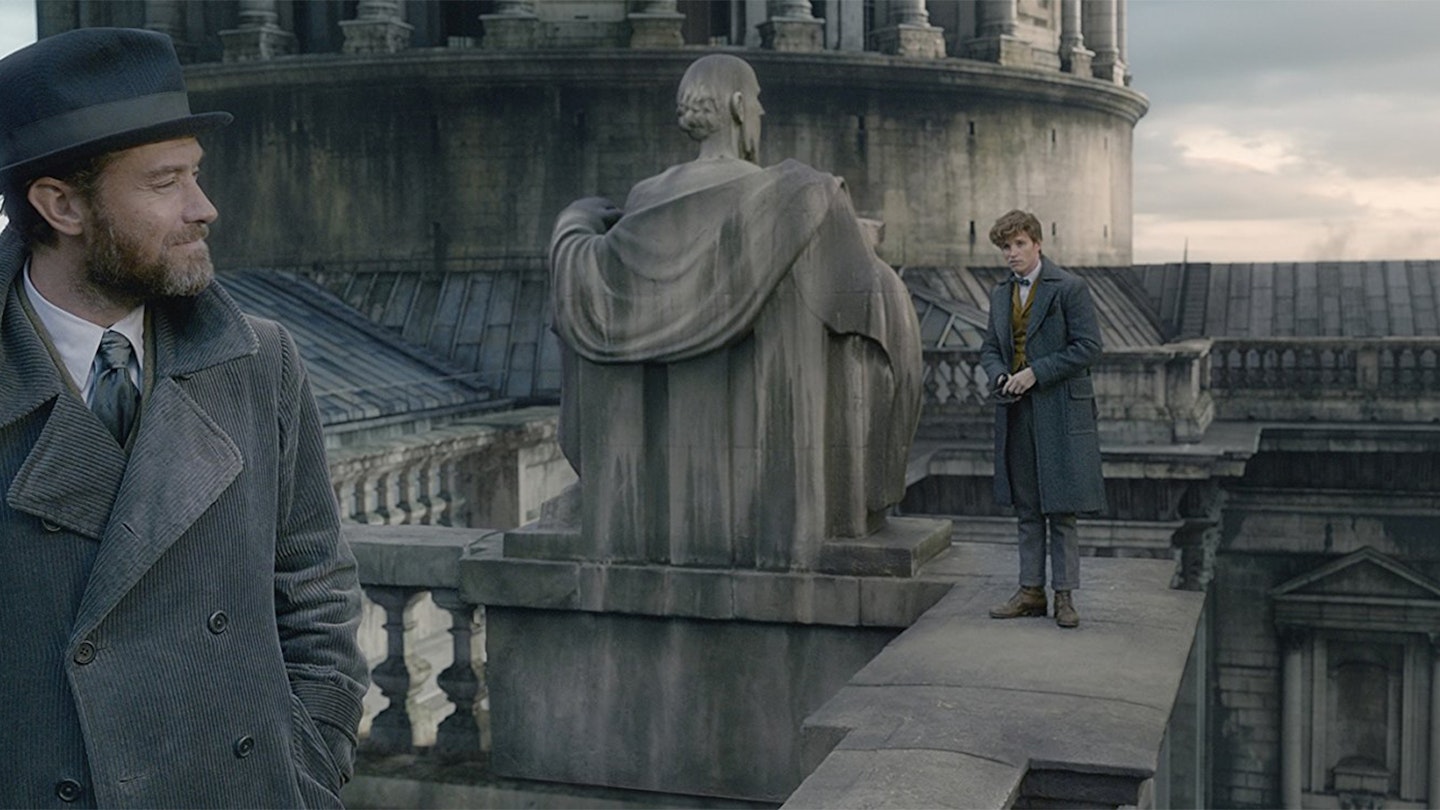With thousands of tabloid stories during her life and a reality show, several memoirs and Nick Broomfield’s documentary Whitney: Can I Be Me since the singer’s death in 2012, you’d be forgiven for presuming that there was little else to discover, or be discovered, about Whitney Houston. But you’d be wrong. New documentary Whitney weaves a complex new tapestry thanks to the intimacy, depth and scale of the access secured by Kevin Macdonald, who previously directed documentaries Touching The Void and Marley.
The film boasts a striking visual texture from the opening scene, Macdonald splicing footage of Houston, wider political and news footage, previously unseen photographs, finished tracks and isolated vocals into dynamic montages. It sets the tone, with the bouncing optimism and sheer joy of ‘I Wanna Dance With Somebody’ starkly contrasted with footage from the Gulf War and audio of Houston describing a recurring dream, a nightmare, in which she’s being chased, admitting, “When I wake, I’m always exhausted.”
Narratively, it’s grounded in her childhood, from the tense streets of Newark to the distinctly more middle-class East Orange, where the family moved when she was still in training to become the biggest singer of our lifetime. It’s the backdrop for the early trauma of her parents’ divorce after her father’s multiple infidelities and her mother’s eventual affair with a minister. These demons — which, as she signs with record producer and music executive Clive Davis and starts to rack up number one hits are still quiet — won’t lie dormant for long.
One of the most important, significant achievements of the film is the cooperation of the Houston family — unlocking their deep archives, and sharing home video and unseen childhood photographs.
Houston’s mother, R&B singer Cissy Houston, is a rare interviewee, her recollections of their family life laying flesh on the bones of what little is known of her daughter ‘Nippy’s’ life before she found fame. Alongside Cissy, there are interviews with sister-in-law Pat Houston, brothers Michael and Gary — the latter candidly admitting to giving their sister marijuana and then cocaine when she was a teenager (long before she met the usually blamed Bobby Brown, her future husband) — and former assistant Mary Jones.
Steadily, surely, oh so sadly, Macdonald draws the almost-inevitability of Houston’s death, her fractured sense of self never reclaimed. Instead, the singer is shown breaking a little more, year by year, the cracks becoming increasingly visible as she descends further into drug and alcohol abuse.
The tragedy here is two-fold: the disintegration of her voice and singular, world-class talent in tandem with her body and mind. And when her terrible secret, bedded deep inside the darkest corners of her family all along, is finally, traumatically revealed, it offers up the harrowing truth at the heart of Whitney Houston’s life and still-heartbreaking death.


